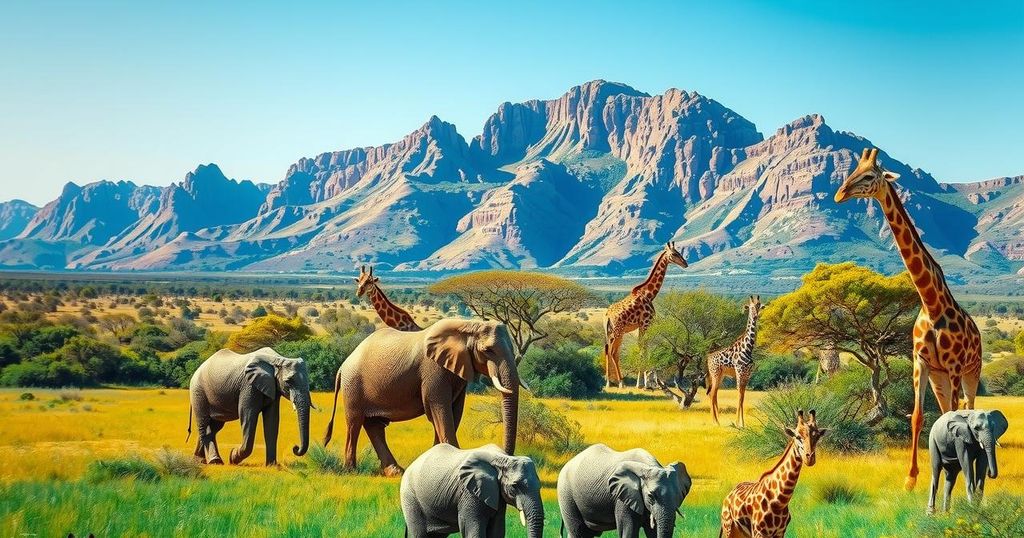Trump’s Criticism of South Africa Sparks Diplomatic Tensions and Debate

In a series of social media posts, President Trump and others criticized South Africa’s land reforms, prompting a firm diplomatic response from the South African government, which claimed not to be intimidated. The U.S. plans to cut financial assistance and address Afrikaner refugee resettlement due to race-based discrimination allegations. The situation highlights ongoing debates about land policy and historical injustices in South Africa.
In recent days, President Trump, Secretary of State Marco Rubio, and Elon Musk expressed critical views regarding South Africa through social media. Responding to these remarks, South African President Cyril Ramaphosa stated that the country would not be intimidated. The U.S. has since announced it will halt financial assistance, criticizing South Africa’s land policy reforms and its actions regarding a genocide case against Israel. Additionally, the U.S. plans to promote Afrikaner refugee resettlement due to perceived race-based discrimination in South Africa.
President Trump criticized South Africa for land confiscation and disciplinary actions against certain groups. His statements followed a social media post where he declared he would suspend future funding until a thorough investigation was completed. Trump alleged, “Terrible things are happening in South Africa,” alluding to land confiscation and worse actions without clarifying the affected groups, although it was understood he referred to the country’s white minority.
The controversy centers around a recent land expropriation law in South Africa, which aims to address historical inequalities linked to colonialism and apartheid. The law permits land confiscation under certain conditions, although it restricts arbitrary seizing and necessitates court involvement. President Ramaphosa highlighted that South Africa upholds the rule of law, asserting, “The South African Government has not confiscated any land.” He added that funding from the U.S. is minimal, raising doubts about the implications of Trump’s threats.
The discussion surrounding land reform in South Africa has been ongoing since the end of apartheid in 1994, with persistent frustrations among Black South Africans about slow progress. White minority ownership of farmland remains significant, despite the country’s diverse population. Wandile Sihlobo, chief economist of the Agricultural Business Chamber of South Africa, noted the longstanding skewed land ownership structure without supporting claims of widespread land grabs.
Right-wing groups like AfriForum have lobbied U.S. politicians regarding the white minority’s rights, asserting increased violence against white farmers, despite evidence suggesting that Black communities suffer higher rates of violent crime. Trump has previously highlighted farm murders, which sparked backlash from the South African government.
Following Musk’s comments, Ramaphosa reached out to him to discuss the misinformation surrounding South Africa. In another response, Ramaphosa’s office stressed the need to address historical injustices. The Democratic Alliance, South Africa’s second-largest political party, also countered Trump’s claims about the land act, affirming that it requires fair compensation for legitimate expropriations. Meanwhile, China has voiced support for the upcoming G20 summit in South Africa, emphasizing emerging geopolitical competition in the region.
The tensions between the U.S. and South Africa, sparked by Trump’s comments on land reform and alleged injustices, have escalated into an official response from the South African government. As discussions on land policy continue, both domestic and international reactions reflect broader narratives about race, history, and politics. Ultimately, the situation underscores concerns regarding misinformation and the complexities of land ownership and reform in post-apartheid South Africa.
Original Source: www.wliw.org







